PTSD Treatment and Trauma Therapy
Expert-led post-traumatic stress disorder treatment combining evidence-based trauma therapy, EMDR, and medication management to help you reduce distressing symptoms and achieve lasting recovery.
Request an Appointment Call Us TodayUnderstanding PTSD and Its Impact
Post-traumatic stress disorder (PTSD) is a reaction to trauma, emerging after an individual has experienced a distressing or life-threatening event.
Feeling fear, anxiety, or emotional distress after trauma is a natural response. For many, these symptoms gradually improve with time, support, and self-care. However, when symptoms persist, intensify, or disrupt daily life, professional PTSD treatment becomes essential.
At Health & Psychiatry, board-certified psychiatrist Dr. Dinar Sajan and her experienced licensed providers offer compassionate, evidence-based treatment for PTSD. With a holistic and personalized approach, we help you regain emotional balance, reduce distressing symptoms, and support long-term healing.
Common Traumatic Events That May Lead to PTSD
PTSD can affect individuals of all ages and often arises after events such as:
- Serious accidents or injuries
- Physical or sexual assault
- Combat or military exposure
- Witnessing death or severe injury
- Childhood trauma or abuse
- Natural disasters or life-threatening situations
- Sudden loss of a loved one
If you or a loved one is struggling with PTSD, help is available.
Book an Appointment Call UsRecognizing PTSD Symptoms
PTSD symptoms usually develop within three months of the traumatic event, though they can emerge years later.
These symptoms vary in intensity and are grouped into four key categories that persist for one month or longer:
Re-Experiencing Symptoms
- Flashbacks that make you feel as though the trauma is happening again
- Nightmares or distressing dreams about the event
- Intrusive, unwanted thoughts about the trauma
- Severe emotional or physical reactions to reminders of the event
Avoidance Symptoms
- Avoiding people, places, or situations that remind you of the trauma
- Suppressing thoughts about the experience
- Staying away from activities you once enjoyed
Negative Changes in Thinking and Mood
- Persistent negative thoughts about yourself or the world
- Feelings of hopelessness about the future
- Experiencing memory lapses concerning the traumatic incident
- Difficulty maintaining close relationships
Arousal and Reactivity Symptoms
- Being easily startled or frightened
- Feeling constantly "on edge" or hypervigilant
- Irritability or angry outbursts
- Difficulty sleeping or concentrating
- Reckless or self-destructive behavior
You Don't Have to Carry This Burden Alone.
Our PTSD specialists provide evidence-based trauma therapy tailored to your unique experience, helping you process trauma and rebuild your sense of safety and well-being.
Schedule PTSD Treatment
PTSD Diagnosis and Evaluation
Health & Psychiatry ensures effective PTSD treatment by prioritizing accurate, foundational diagnosis.
Dr. Sajan and her team of PTSD specialists begin with a thorough initial psychiatric evaluation for all new patients seeking PTSD treatment. This assessment identifies the biological, psychological, and social factors contributing to your symptoms, ensuring an accurate diagnosis and the most effective treatment plan.
During Your Evaluation, Your Provider Will:
- Review your current symptoms and their impact on daily life
- Discuss your medical and mental health history
- Explore traumatic experiences in a safe, supportive environment
- Conduct standardized psychiatric assessments to evaluate mood, cognition, and emotional well-being
Diagnostic Criteria
To receive a diagnosis of PTSD, symptoms from all four categories must be present for one month or longer and significantly impact your functioning.
Evidence-Based PTSD Treatment Options
Every treatment plan is developed considering the severity of your symptoms, your medical and mental health history, and any coexisting conditions such as anxiety or depression.
Your individualized PTSD treatment plan may include:
Trauma-Focused Psychotherapy
Therapy forms the core of effective PTSD treatment, helping you process traumatic memories and develop healthier coping strategies.
Cognitive Behavioral Therapy (CBT)
Helps identify and change negative thought patterns related to the trauma, replacing them with more balanced, realistic perspectives. This evidence-based PTSD therapy addresses the connection between thoughts, feelings, and behaviors.
Prolonged Exposure Therapy
A specialized form of trauma therapy that involves gradually and safely confronting trauma-related memories, feelings, and situations you've been avoiding. This reduces fear and helps you regain control over your life.
Eye Movement Desensitization and Reprocessing (EMDR)
EMDR is designed to help individuals process and recover from traumatic experiences. It involves focusing on distressing memories while following guided eye movements or other bilateral stimuli, helping the brain reprocess these memories and reduce their emotional impact. EMDR has strong research support as an effective treatment for PTSD.
Cognitive Processing Therapy (CPT)
Helps you examine and modify unhelpful beliefs related to the trauma, particularly those about safety, trust, control, and self-worth.
PTSD Medication Management
Medication for PTSD can help manage symptoms such as anxiety, depression, intrusive thoughts, or sleep disturbances that often accompany the condition.
Antidepressant Medications
SSRIs (Selective Serotonin Reuptake Inhibitors) and SNRIs are FDA-approved medications for PTSD that can help reduce symptoms and improve mood regulation.
Sleep Aids
When nightmares and insomnia significantly impact recovery, your PTSD psychiatrist may prescribe medications to improve sleep quality.
Anti-Anxiety Medications
Short-term use of anti-anxiety medications may be appropriate for managing acute distress during the early stages of treatment.
Why Choose Health & Psychiatry
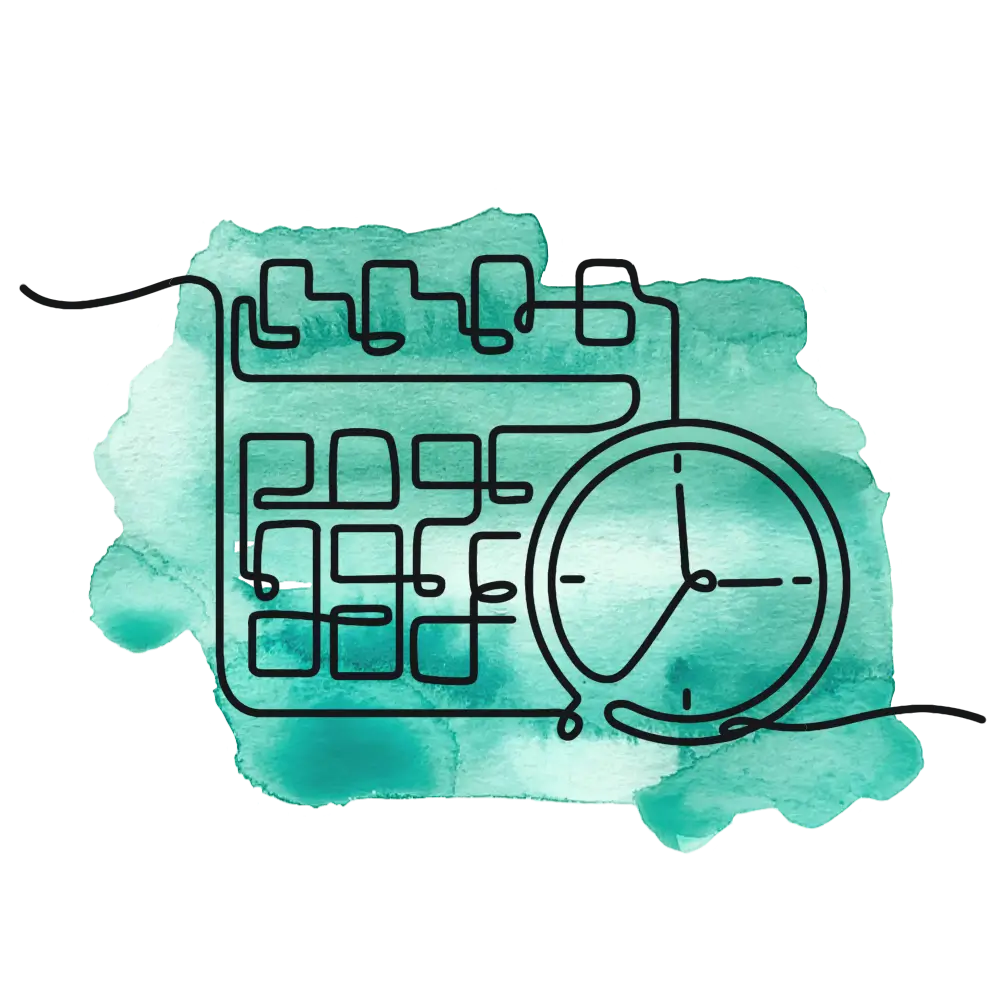
Same day and late evening appointments
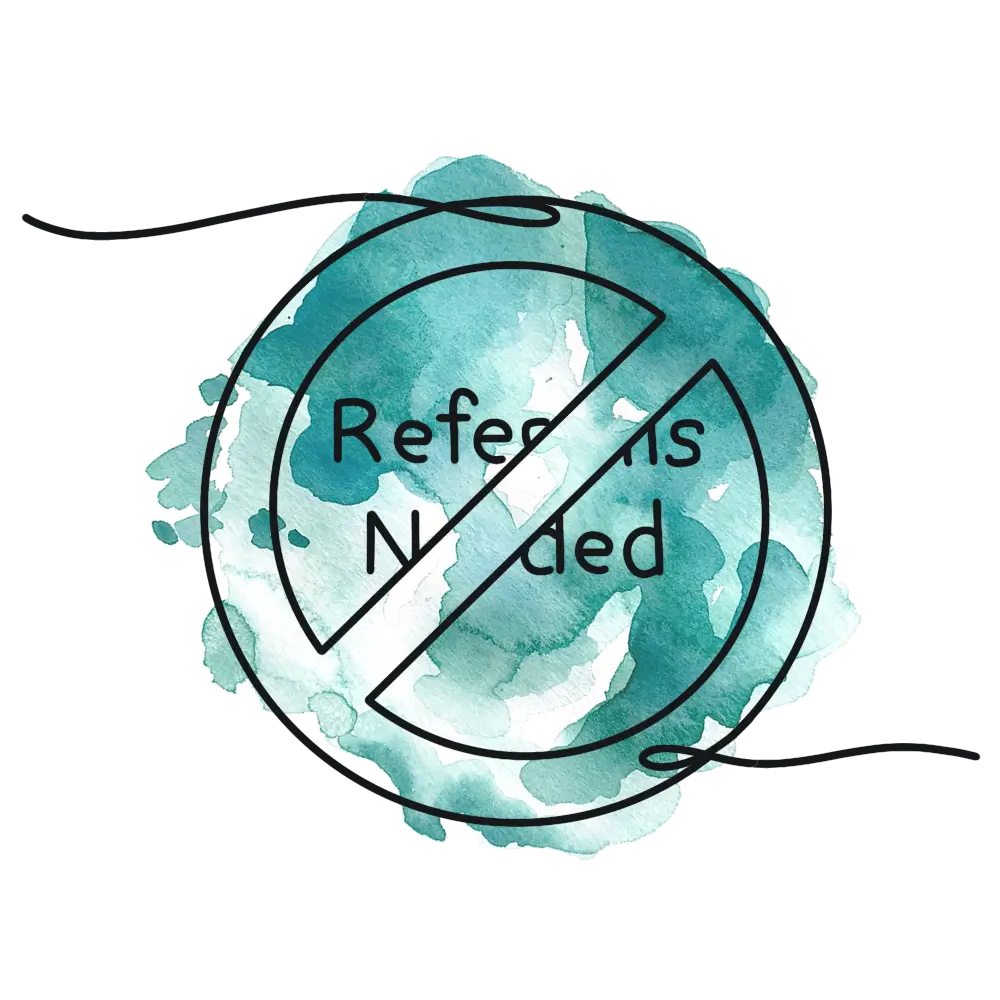
No referral required
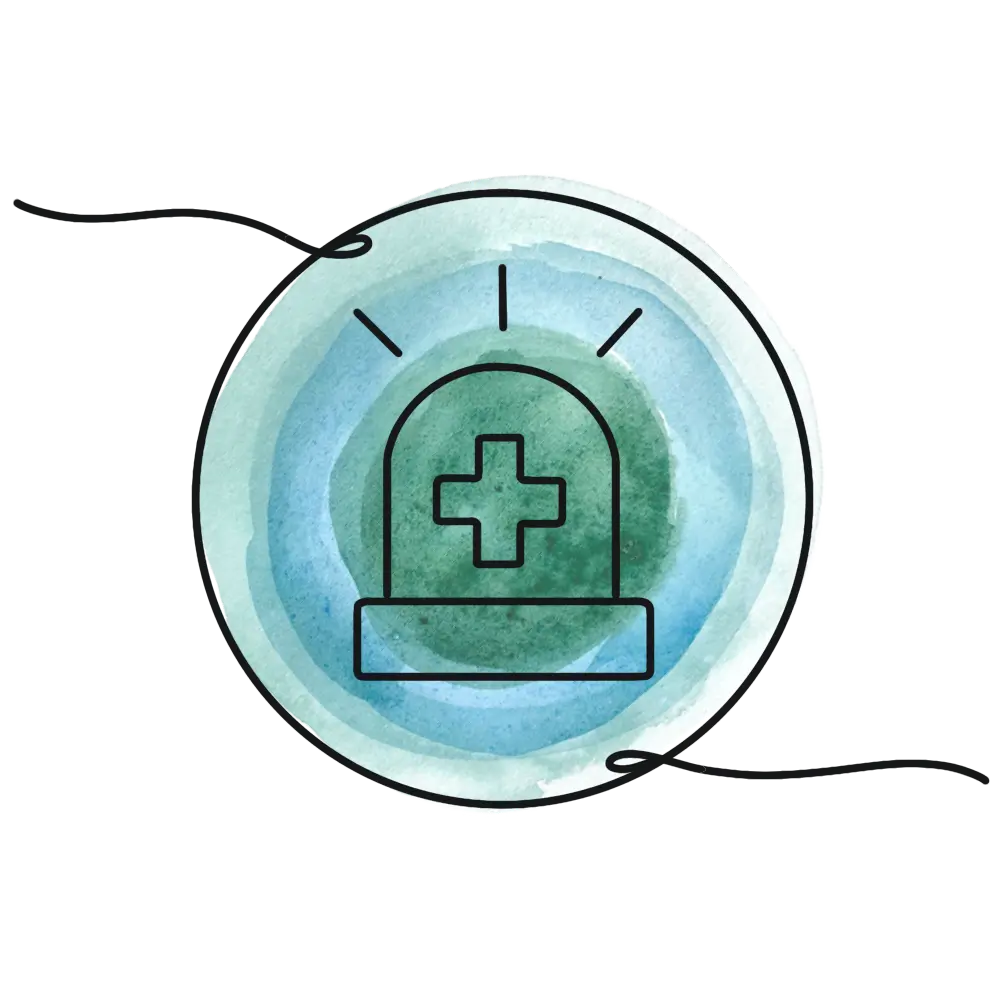
Emergency visit availability
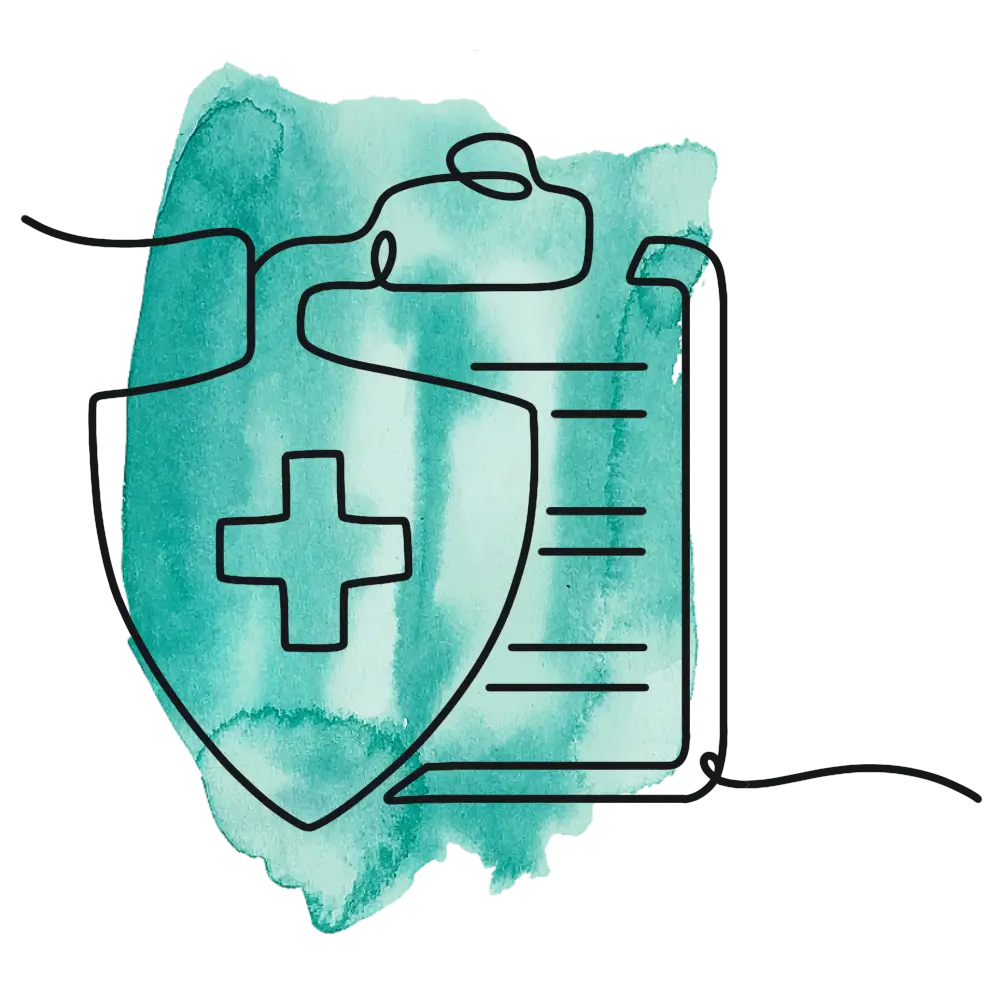
Wide range of insurance plans accepted
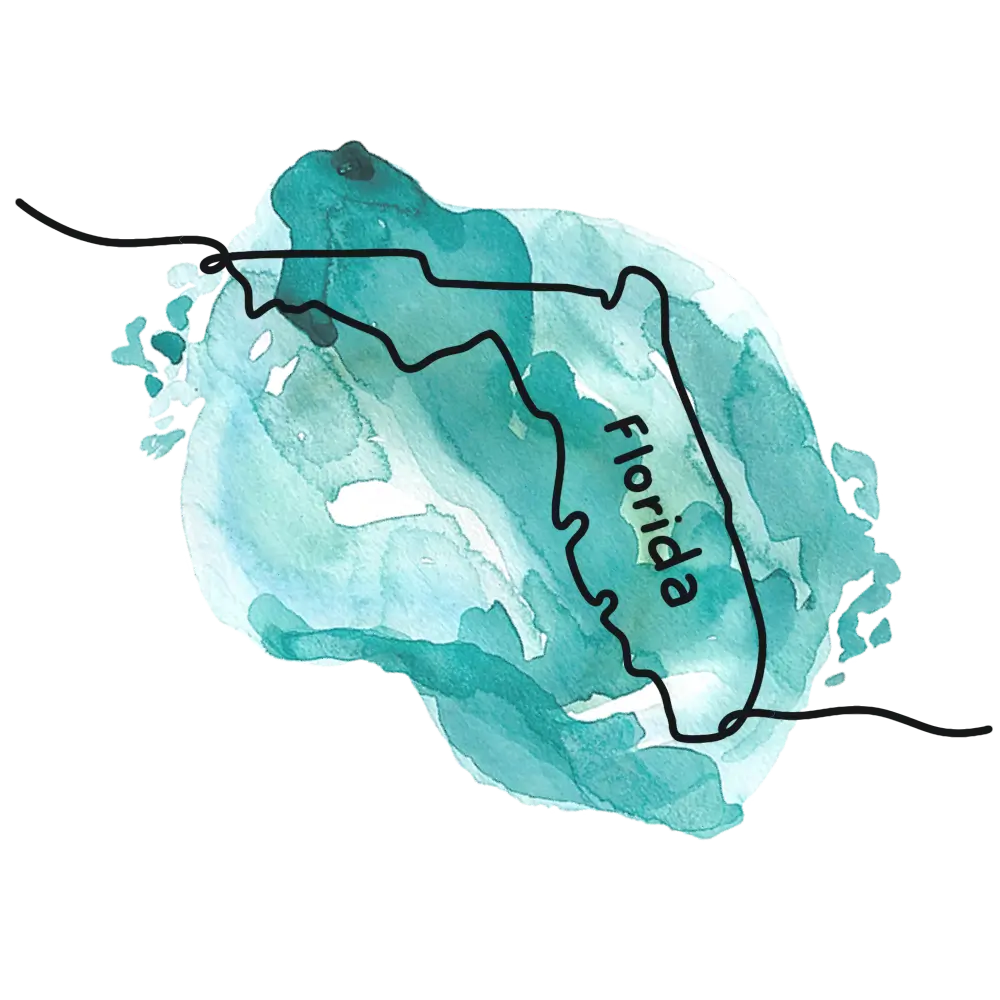
Convenient locations throughout Florida
Telepsychiatry:
Expert Care From Anywhere
Access expert personality disorder therapy from the comfort and privacy of your own home through secure, HIPAA-compliant video appointments.
You can meet with one of our licensed providers, including our experienced PTSD psychiatrist, using your smartphone, tablet, or computer.
Benefits of Telepsychiatry for PTSD Treatment:
- Receive care from the comfort of your home
- Eliminate travel time and transportation barriers
- Flexible scheduling around work and family commitments
- Maintain continuity of care even when traveling
- Access to the same expert providers and personalized treatment
What to Bring

1. Driver's License
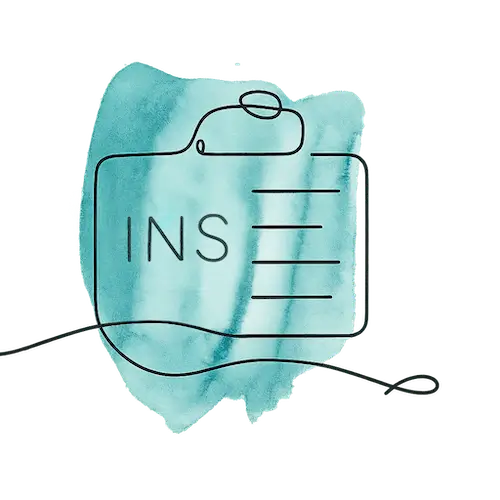
2. Insurance ID Card
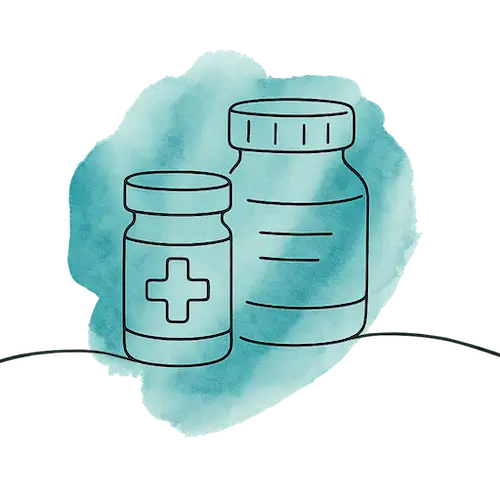
3. Prescription Bottles
Your Insurance Likely Covers Your Care
We accept most major insurance plans. Let's verify your coverage before your first visit.




















Your Questions About PTSD Treatment, Answered
PTSD triggers are reminders of past trauma that cause intense emotional or physical reactions. Triggers are different for every person and can appear unexpectedly. They can be external, such as sights, sounds, smells, places, people, or situations that remind you of the trauma, or internal, like thoughts, emotions, or physical sensations.
Common triggers include loud noises, anniversaries of the traumatic event, similar environments, specific phrases, or behaviors that recall the trauma. Through treatment for PTSD, you can learn to identify and manage your triggers effectively.
- Re-experiencing symptoms like flashbacks, nightmares, and intrusive thoughts.
- Avoidance symptoms where you avoid trauma reminders, people, places, or conversations.
- Negative changes in thinking and mood, including persistent negative beliefs, emotional numbness, or difficulty maintaining relationships
- Arousal and reactivity symptoms such as being easily startled, hypervigilance, irritability, or sleep problems.
A PTSD diagnosis requires symptoms from all four categories lasting one month or longer.
While PTSD may not be "cured" in the traditional sense, it is highly treatable. Many individuals achieve full remission of symptoms through evidence-based PTSD treatment, including trauma therapy and medication management.
With proper care from a PTSD specialist, you can learn to process traumatic memories, manage symptoms effectively, and regain quality of life. The goal is not just symptom reduction but helping you rebuild a sense of safety, trust, and connection.
After a traumatic event, most people experience distress, fear, anxiety, or difficulty sleeping. These are normal reactions that typically improve within days or weeks with support and self-care. PTSD develops when these symptoms persist beyond one month, intensify over time, or significantly interfere with daily functioning, relationships, or work.
With PTSD, trauma symptoms don't naturally resolve and require professional treatment. If you're unsure whether your symptoms indicate PTSD, a comprehensive evaluation by a PTSD psychiatrist can provide clarity and guide appropriate treatment.